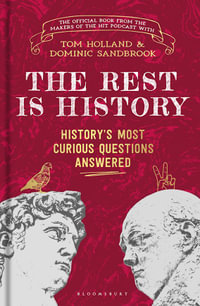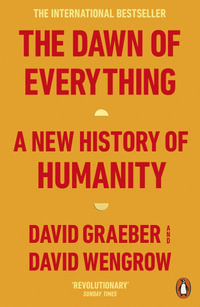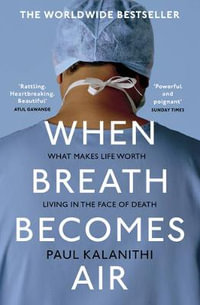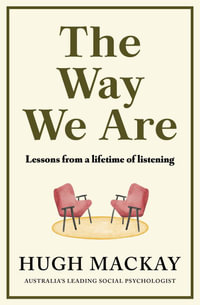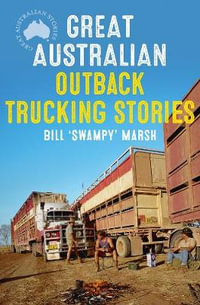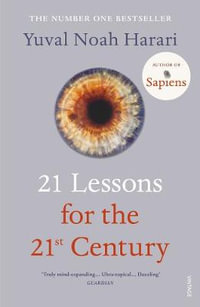'Brilliant...boldly bridging the conceptual gap between studies of work and the environment, McCall Howard's ethnography charts an innovative and ambitious course for research on the Anthropocene...tremendously compelling.'
Brandon Hunter-Pazzara, Current Anthropology
'As Howard makes clear capital and its drive to profit must be challenged-this book is a weapon in that fight.'
Sarah Ensor, International Socialism, A quarterly review of socialist theory
How do the fishers relate to each other, their boats, their technologies, the sea, their catches? In this deeply researched book, written with an intimate feel for fishing and the sea, Penny McCall Howard answers these questions. Based on the Scottish industry, this important book shows how class relations continue to shape labour, working relationships, environments and at times life and death. Few researchers hold both a 100-ton captain's licence from the US Merchant Marine and a doctoral degree; few are as at home on a fishing boat's deck as they are in a library. Penny McCall Howard brings a unique blend of abilities to this compelling account of work and has produced an argument for rethinking how we understand the nature of labour in any industry and in all places.
Professor Bradon Ellem, University of Sydney Business School
'It is rare to find a work that so compellingly integrates a phenomenological analysis of the experience of work, based on participant observation, with an account of the pressures of political economy and dynamic patterns of class relations in a specific industry. Inspired by Robert Desjarlais, Howard achieves a 'critical phenomenology', giving greater depth to phenomenological description by linking sensation, perception and subjectivity to pervasive systems of power and inequality. These in turn are connected to the mutually constitutive connections between workers and the environment that create productive fishing grounds.'
Professor Linda Connor, The Australian Journal of Anthropology
'The description of the lived experiences of the author and fishers are used to create an absorbing and, at times, moving narrative....It is the ability to connect the daily lives of fishers to seemingly distant market forces that makes Environment, labour and capitalism at sea an exceptional book...There is an incredible amount to this text that will be of relevance to those interested in global supply chains, environment labour relations, social relations of work, neo-liberalism and regulation....McCall Howard's deeply rich and confronting account of the social relations that face and at times overwhelm the fishers of the west coast of Scotland needs be read by people interested in work and our collective environmental future.'
Dr. Caleb Goods, Journal of Industrial Relations
'This story of how livelihoods are wrestled from the sea is an anthropological first. Never before has the work of commercial fishermen been brought to life with such vividness, depth and attention to detail, or subjected to such rigorous and hard-headed analysis.'
Professor Tim Ingold, Chair in Social Anthropology, University of Aberdeen, UK
'Environment, Labour and Capitalism at Sea unpacks the broader social forces that mediate interactions between human beings and their marine environment while simultaneously drawing out the individual stories and life histories of Scottish fishers....It is well written and emotive. The honest portrayal of the suffering of conflicted fishers who struggle against forces beyond their control aids in our understanding of the root causes of environmental change and the metabolic relationship between humankind and nature. Readers who study environmental sociology, food, and agricultural systems would do well to read Howard's work.'
Timothy P. Clark, Human Ecology Review
'This well-written and memorable account provides thought-provoking reading on an







